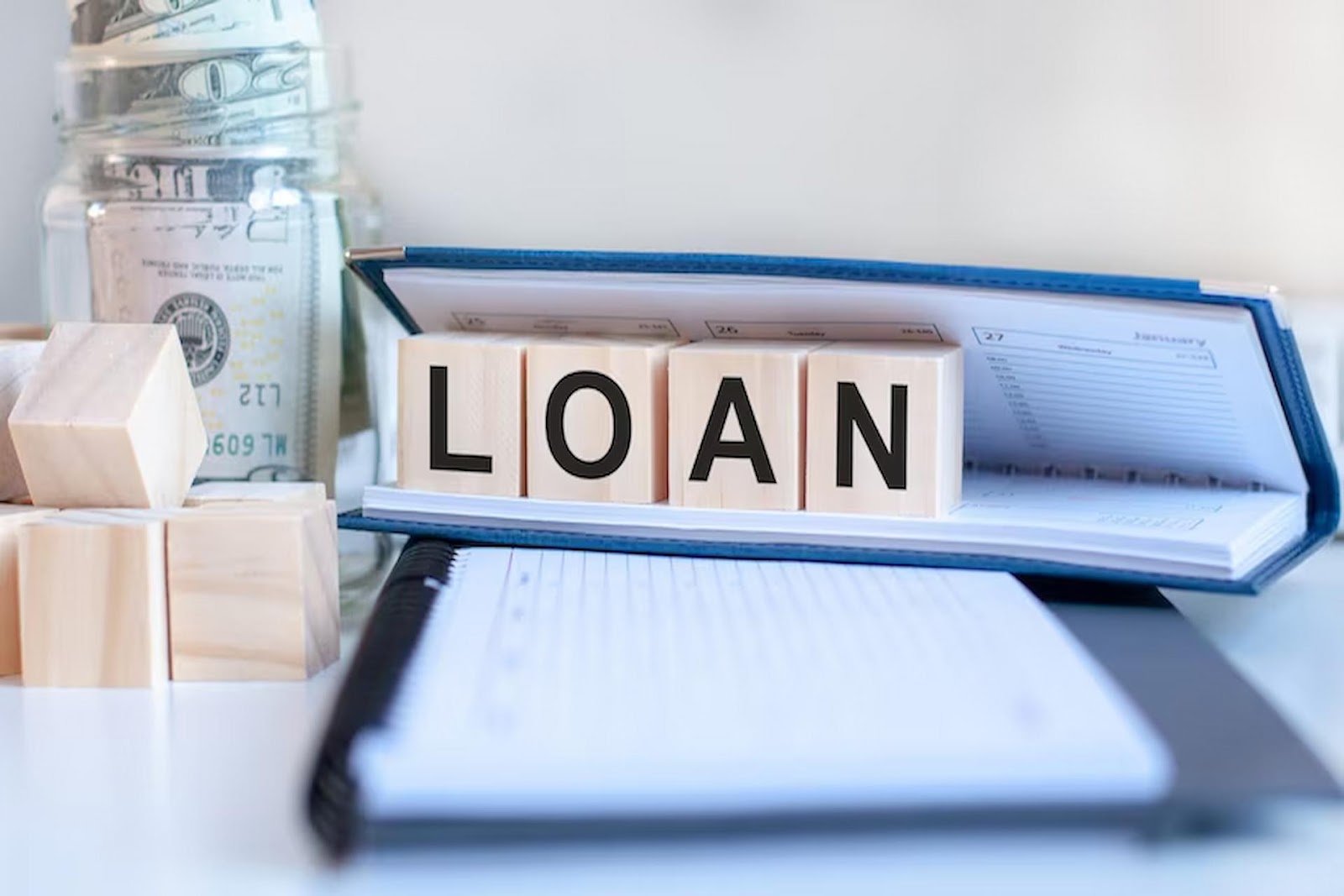
How to Choose a Small Loan for Your Short-Term Financial Needs
Finding the right small loan can provide quick financial relief, but choosing the right one is essential. Here’s a detailed guide to help you navigate your short-term financial needs.
In today’s fast-paced world, unexpected financial needs can arise anytime. A small loan can quickly cover these short-term needs, whether for a car repair, a medical bill, or even an urgent home repair. But with numerous options available, how do you choose the right one? Selecting a small loan that meets your immediate financial needs while ensuring manageable repayment terms can make a big difference. This guide walks you through essential factors to consider when picking the best small loan for your situation.
What Is a Small Loan?
A small loan is a type of financing designed to cover short-term financial needs, usually from £500 to £5,000. These loans come with shorter repayment terms, typically ranging from a few months to a year. Their primary advantage is the speed at which they can be approved and disbursed. However, it’s essential to recognise that small loans often come with higher interest rates than long-term loans.
Understanding the terms and conditions associated with small loans is crucial. Unlike larger loans, the borrowing limits may vary based on your credit history and income. These loans can be ideal for emergencies, but choosing the wrong loan can lead to financial strain. By understanding what constitutes a small loan, you can start making informed decisions that benefit your short-term financial goals.
Assess Your Financial Needs
Before applying for a small loan, it’s essential to clearly define why you need the money and how much you need to borrow. Small loans should cover immediate needs like medical emergencies, car repairs, or unexpected bills. Avoid borrowing more than necessary, which could lead to higher interest payments and a longer repayment term.
Consider creating a budget to determine exactly how much you need. Ask yourself, “Is the loan for something urgent, or can it wait?” Many people over-borrow because they don’t accurately assess their financial needs, leading to higher costs in the long run. Careful evaluation of your financial status will guarantee that you apply for a small loan suitable for your particular needs and assist in avoiding unwarranted financial burdens.
Check Your Credit Score
Your credit score significantly determines your eligibility for a small loan and the interest rates you will be offered. A higher credit score usually means you’ll have access to better loan terms, including lower interest rates. Before applying, review your credit report to check for any discrepancies or inaccuracies that could negatively impact your score.
Even if your credit score could be better, some lenders specialise in offering small loans to those with bad credit. However, it’s important to remember that these loans often have higher interest rates. If your credit score allows, compare lenders and their terms to ensure you get the best deal possible. Taking steps to improve your credit score before applying for a loan can save you money in the long run.
Explore Different Lender Options
When choosing a small loan, exploring all your lender options is essential. Traditional banks, credit unions, online lenders, and payday lenders offer small loans, but the terms and conditions vary significantly. Each type of lender may have advantages and drawbacks.
For instance, credit unions often provide lower interest rates and more flexible terms than payday lenders, which tend to charge higher fees. Online lenders offer convenience and quick approval but may have varying interest rates. Taking the time to research different lenders will help you find one that fits your needs. Look for lenders with transparent fee structures, strong customer reviews, and flexible repayment terms. Choosing the right lender will make your borrowing experience much smoother and prevent unexpected financial headaches.
Compare Interest Rates and Fees
Interest rates and fees can significantly impact the overall cost of your loan. Small loans typically come with higher interest rates than long-term loans because lenders consider them riskier. It’s essential to compare rates from various lenders to ensure you’re getting the best deal.
In addition to interest rates, pay attention to hidden fees, such as origination fees, late payment penalties, or prepayment penalties. Some lenders may advertise low interest rates but make up for it with high fees. Be sure to read the fine print to avoid unexpected costs. By comparing rates and understanding all potential fees, you’ll ensure that your small loan remains affordable and manageable throughout the repayment period.
Consider the Repayment Terms
Repayment terms for small loans typically range from a few months to a year. When choosing a loan, ensure the repayment terms align with your financial situation. Some lenders may offer flexibility in how you repay the loan, while others may have rigid terms.
Choose a repayment plan that offers manageable monthly payments without putting too much strain on your budget. Avoid loans with terms that could stretch your finances too thin. It’s also worth considering whether the lender allows early repayment without penalty. Early loan repayment helps you save interest money. Selecting the correct repayment terms is critical to comfortably repay the loan without falling into a debt cycle.
Conclusion
Choosing the right small loan for your short-term financial needs requires careful consideration of various factors, from understanding your financial requirements to comparing lenders and their terms. By taking the time to evaluate your options, check your credit score, and ensure that you get a fair deal with manageable repayment terms, you can confidently take out a small loan that meets your needs without overwhelming your finances. Remember, it’s not just about getting the money quickly—it’s about finding a loan that fits your financial situation in the best way possible.
